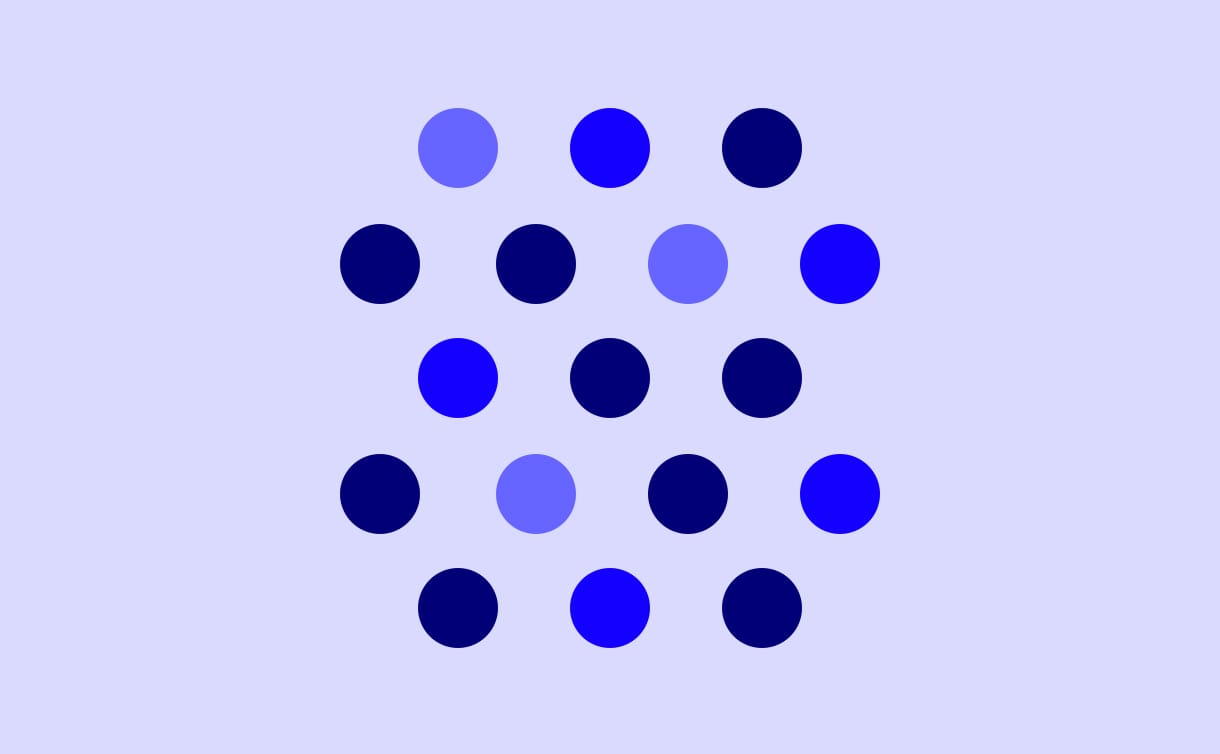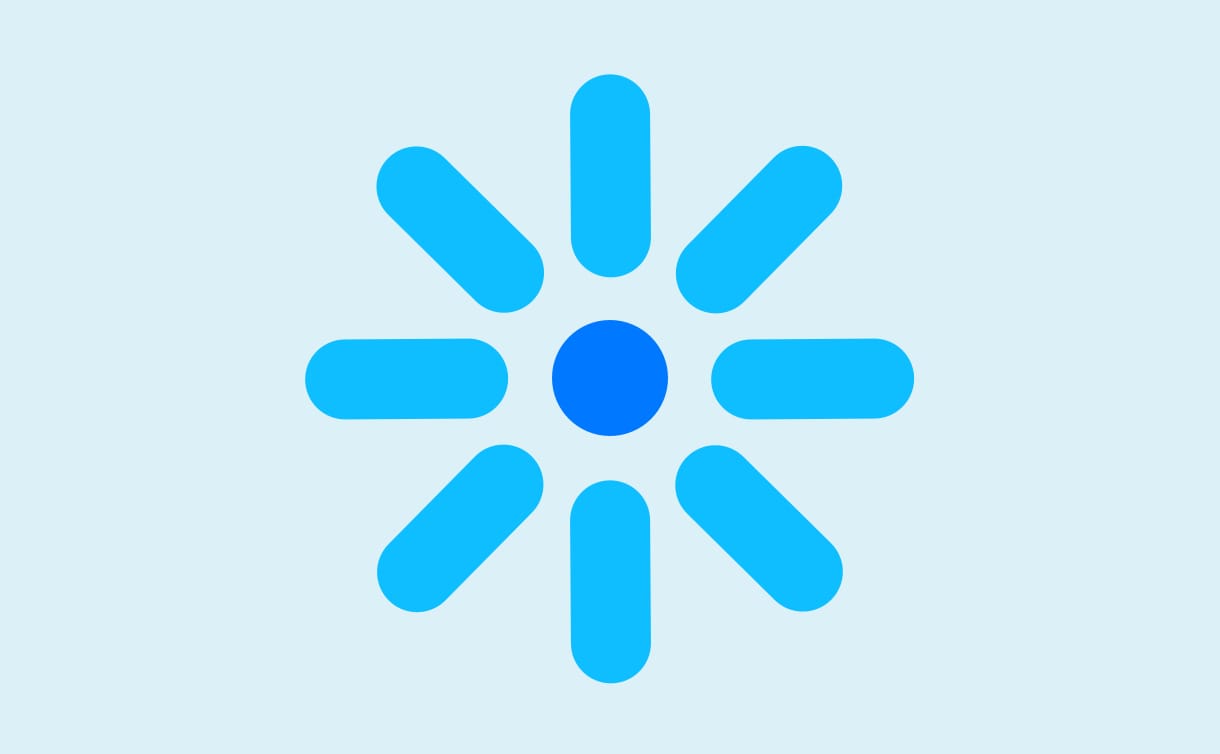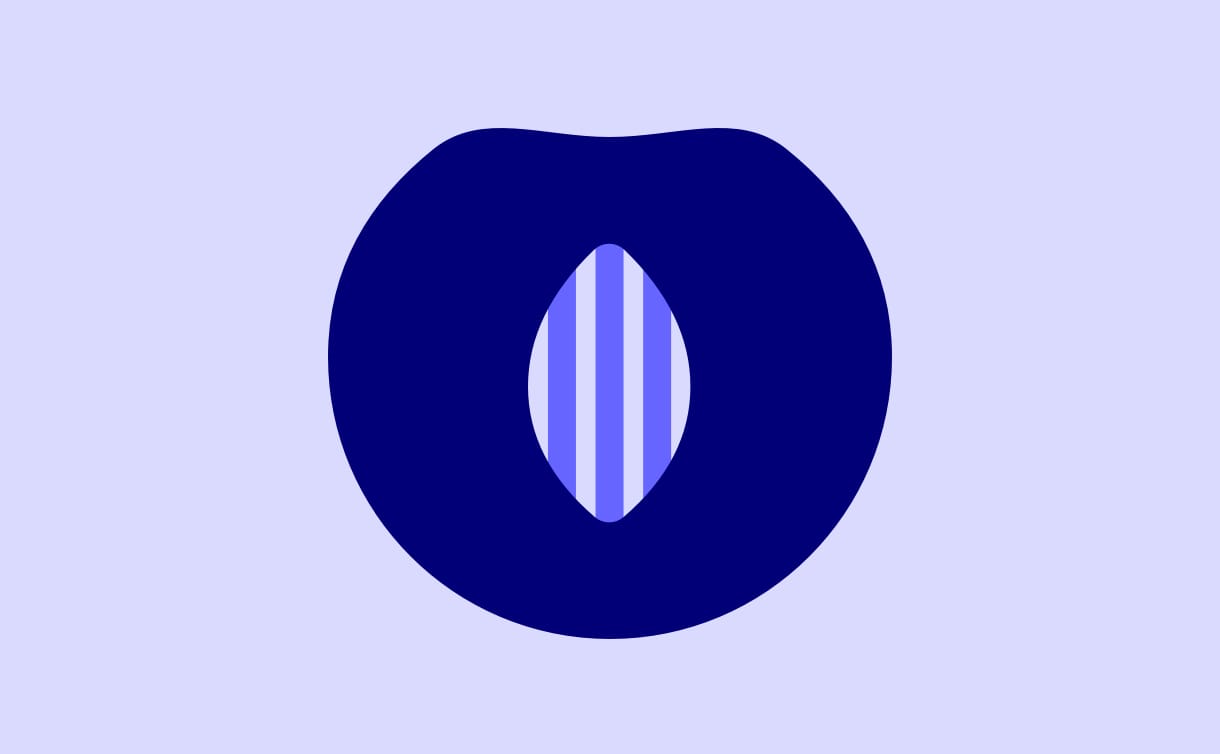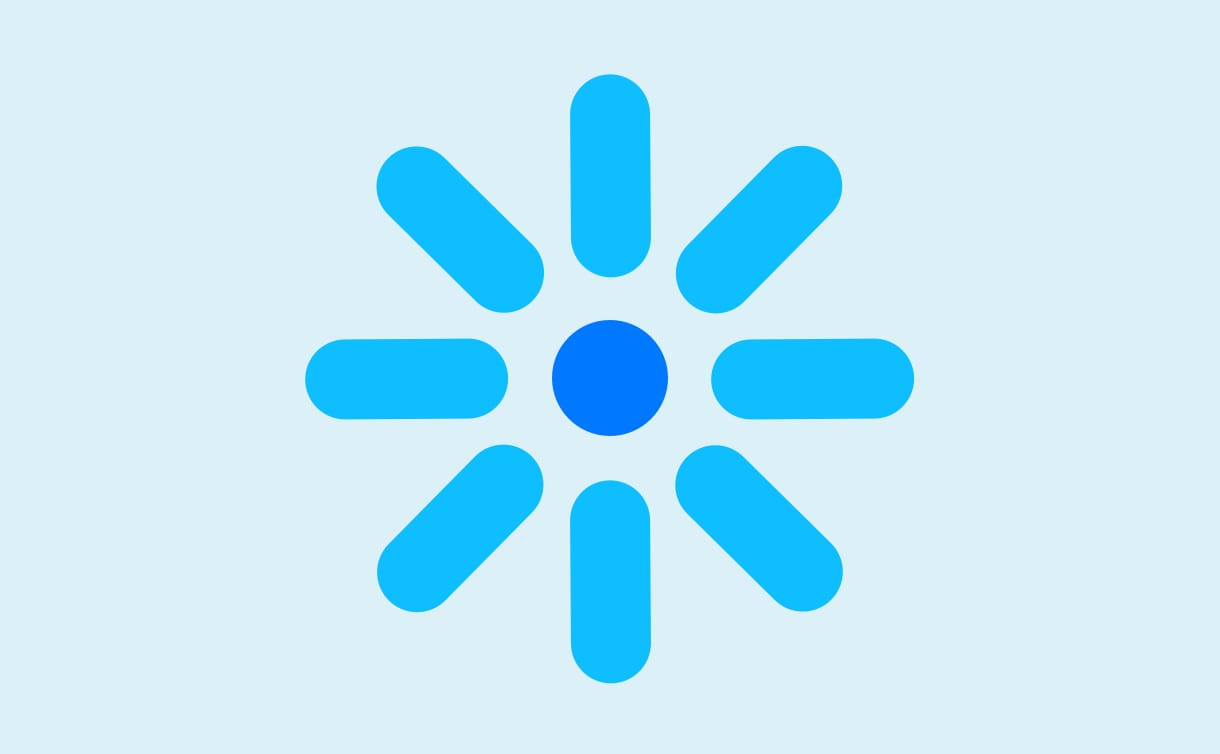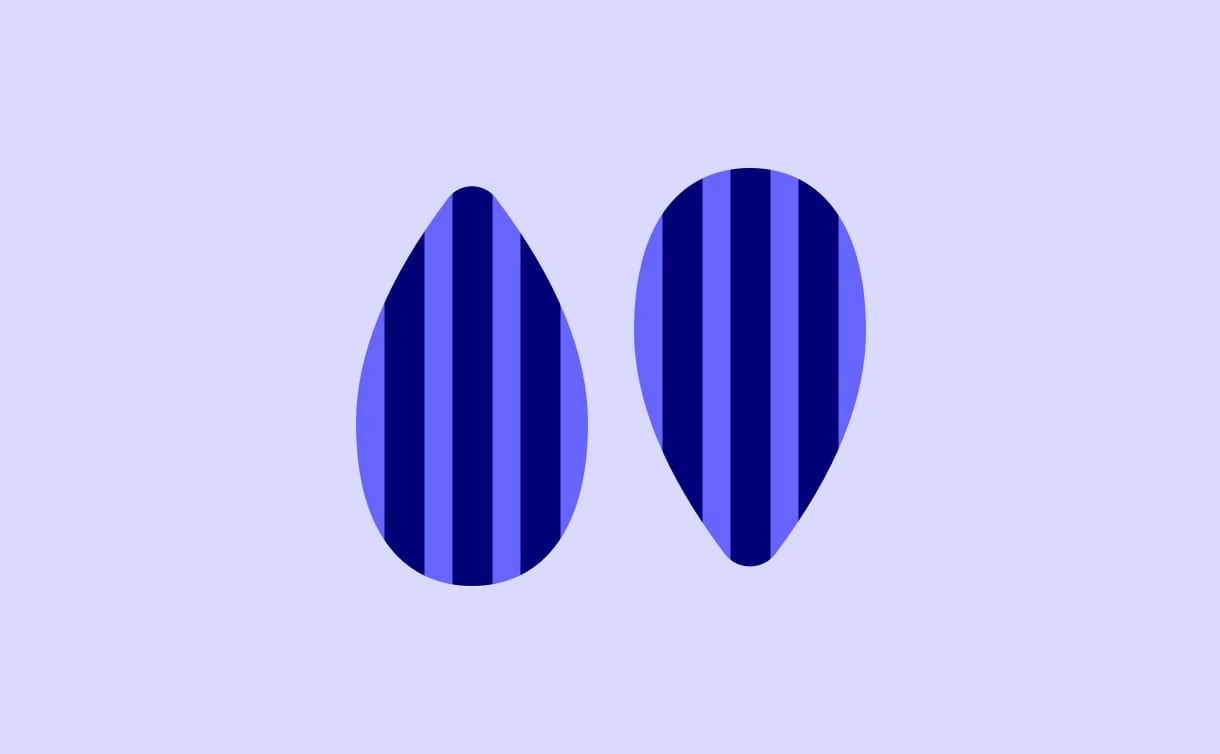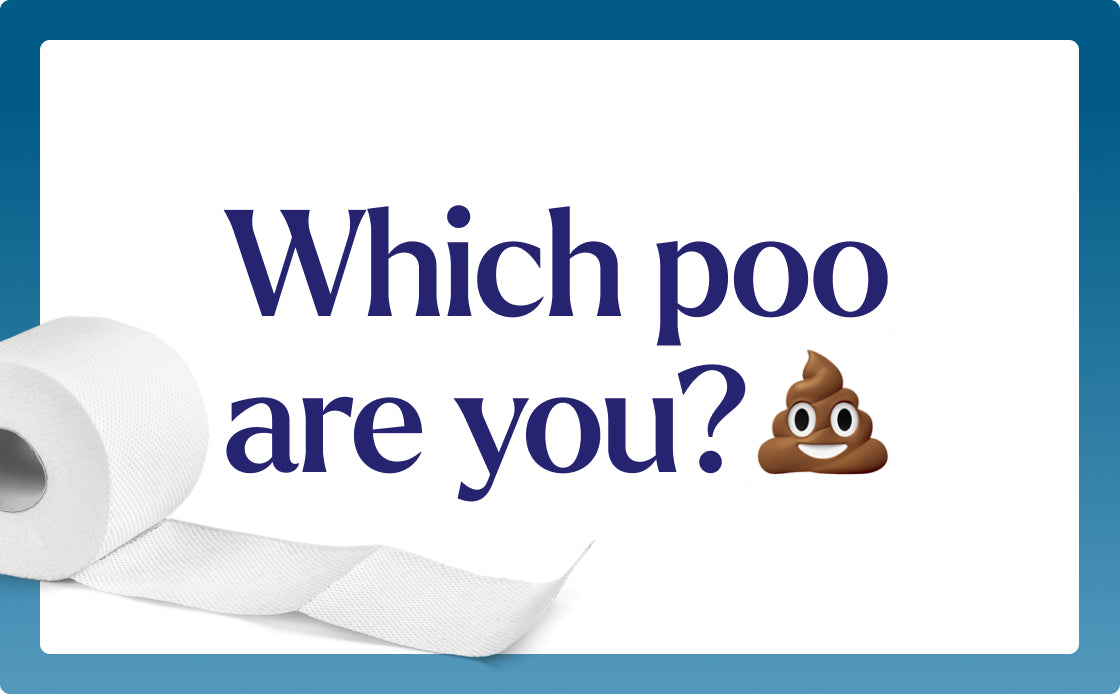
Is the brain a muscle
No, the brain is not a muscle. It’s an organ. So why is it considered a muscle by so many people?

First things first, no, the brain is not a muscle.
So why is the brain considered a muscle by so many people? Or, at least, compared to a muscle? In this post, we'll bust the 'brain’s a muscle' myth, explore what it really is, AND consider how the muscle analogy is actually a really useful metaphor for braincare.
Phew, that flexed our brains just thinking about it.
Is the brain a muscle? Myths and metaphors
It's a big resounding no again. The brain is an organ and muscles are different from organs in many ways. While they do share some similar qualities (like how they both use energy), they serve very different functions.
Muscles are the body's engine. They're what keep us moving and alive, and they're responsible for all of our physical activity. Organs are different from muscles because they have a specific function in our bodies. The heart pumps blood; the kidneys filter out waste products; and the lungs breathe air into your body.
The brain is more like a control center than an engine. It allows you to think, feel emotions, remember things—basically all the things that make you human.
The muscle-brain comparison
That said, the brain has some muscle-like qualities, for example...
Like muscles the brain can change and grow
It’s not a static organ. The brain is constantly adapting to your environment and experiences. Neuroplasticity is the brain’s ability to form new connections between neurons (nerve cells) and rewire itself in response to experience. It’s an important part of learning, memory, and recovery.
Like a muscle the brain needs exercise to work properly
You can exercise your brain by doing puzzles, reading and learning new things. The more you use it, the better it will be at thinking. The more you challenge yourself with mental tasks such as reading or solving math problems (rather than just watching TV), the better equipped your brain will be at working out problems when they arise in life.
It makes sense that people who read or play games on computers every day tend to have healthier brains than those who don't do these activities regularly—so if you want a healthy mind for years to come, make sure you get some mental exercise each day too.
The brain needs fuel as much as muscles do
Where protein is the key ingredient for muscle growth, there are many foods that can boost brain health. A healthy diet is important for a healthy brain, so make sure you eat plenty of fruits and vegetables every day. Also, don’t forget about fish—it’s an especially good source of omega-3 fatty acids, which are known to be good for your brain.
Your brain is a powerful tool that can be honed with effort
You know those people who are so committed to the gym or running, and their effort pays off in their god/goddess body? Just like you can tone your muscles with dedication, you can refine your mental skills with commitment.
If you want to support your memory or other cognitive functions, it's important to make sure you're getting enough sleep, eating well and exercising regularly.
So is the brain an organ or a muscle?
To sum up, the brain IS an organ and IS NOT muscle, yet it has muscle-like qualities and this comparison (even if it stems from people's mistakes) can be a very useful one.
Most of us know that our muscles can be trained to be stronger, but do we think about our brains in the same way? The brain, though it's an organ, needs exercise just like a muscle does. It can change and grow with effort, just like any other muscle would.
Know your own mind?
The average brain health score is 51/100. Take our 3-minute quiz to learn how yours measures up and how to boost it.












